-
Research brief: Revisiting the 1888 Centennial Drought
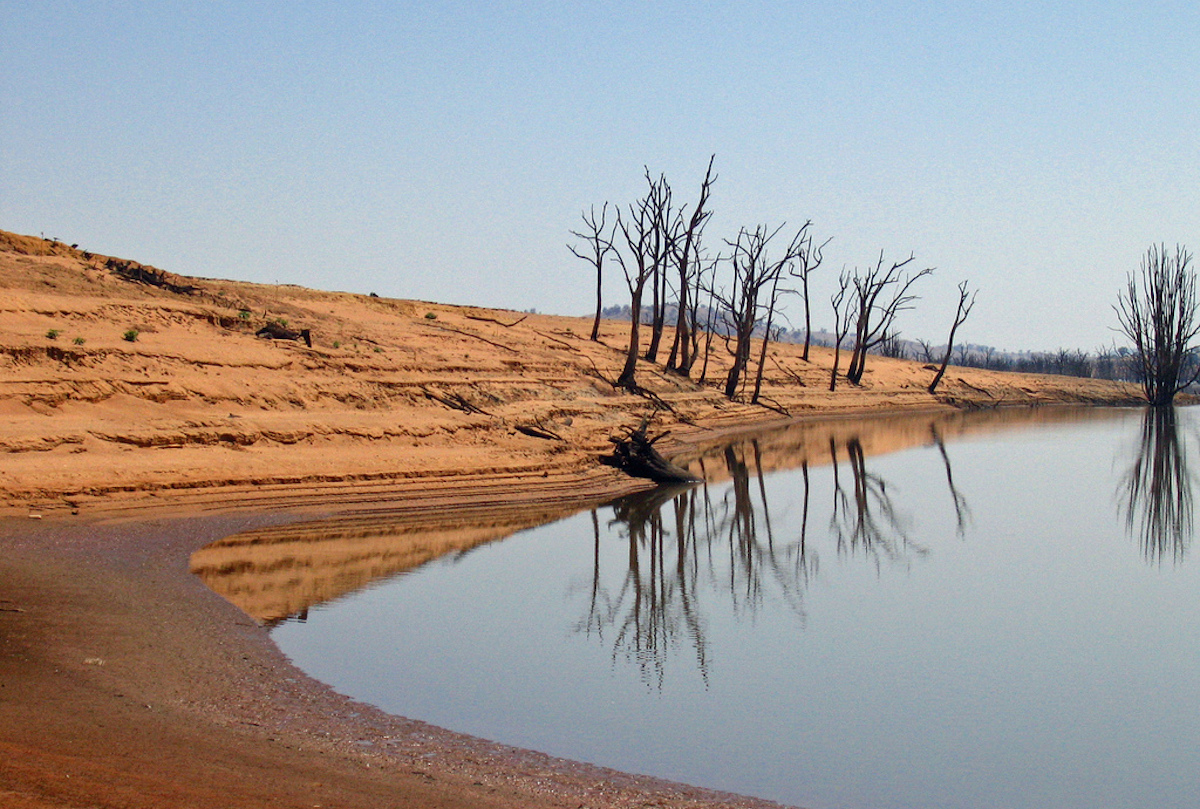
To shed more light on short droughts of the past, CLEX researchers took advantage of a newly released dataset from the Bureau of Meteorology to re-examine the infamous Centennial Drought of 1888. Using the new dataset along with historical station data, they analysed monthly rainfall variability across south eastern Australia throughout 1888.
-
Australia’s Black Summer a climate wake-up call
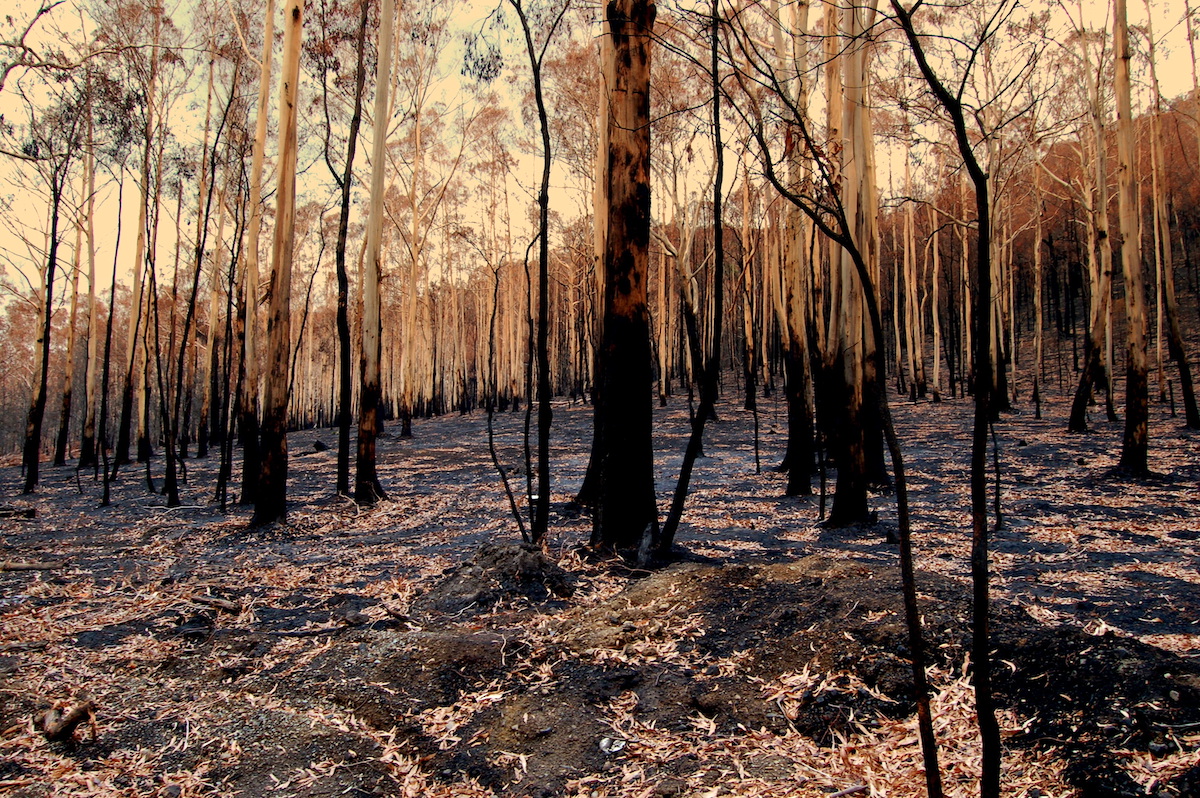
The 2019/20 Black Summer bushfires are a “wake up call” demonstrating the extreme effects of climate change in Australia, according to a group of experts who’ve published a new study examining the factors that caused the disaster.
-
Research brief: Land surface models struggle to reproduce evaporative processes

This paper details a new approach to evaluating the performance of land surface models, the component of climate and weather models that simulates land surface processes. It focuses on the cycle of solar radiation during daylight hours and how the energy from the sun is exchanged between the land surface and lower atmosphere.
-
Research brief: How dryness affects plant hydraulics in different systems

In this paper, the researchers investigated how dryness, represented by the aridity index, affects the inter-annual variability of ecosystem iso/anisohydricity at the regional scale, estimated using satellite microwave vegetation optical depth observations.
-
Research brief: Uncertainty of future wheat yield varies with location

CLEX researchers and colleagues examined the contribution to uncertainty in simulated future changes in crop yields using the change-factor method and an additional, more sophisticated, statistical downscaling method of generating realistic future climate data from climate model output.
-
Research brief: New roadmap aims to quickly integrate real-world data into ecosystem models
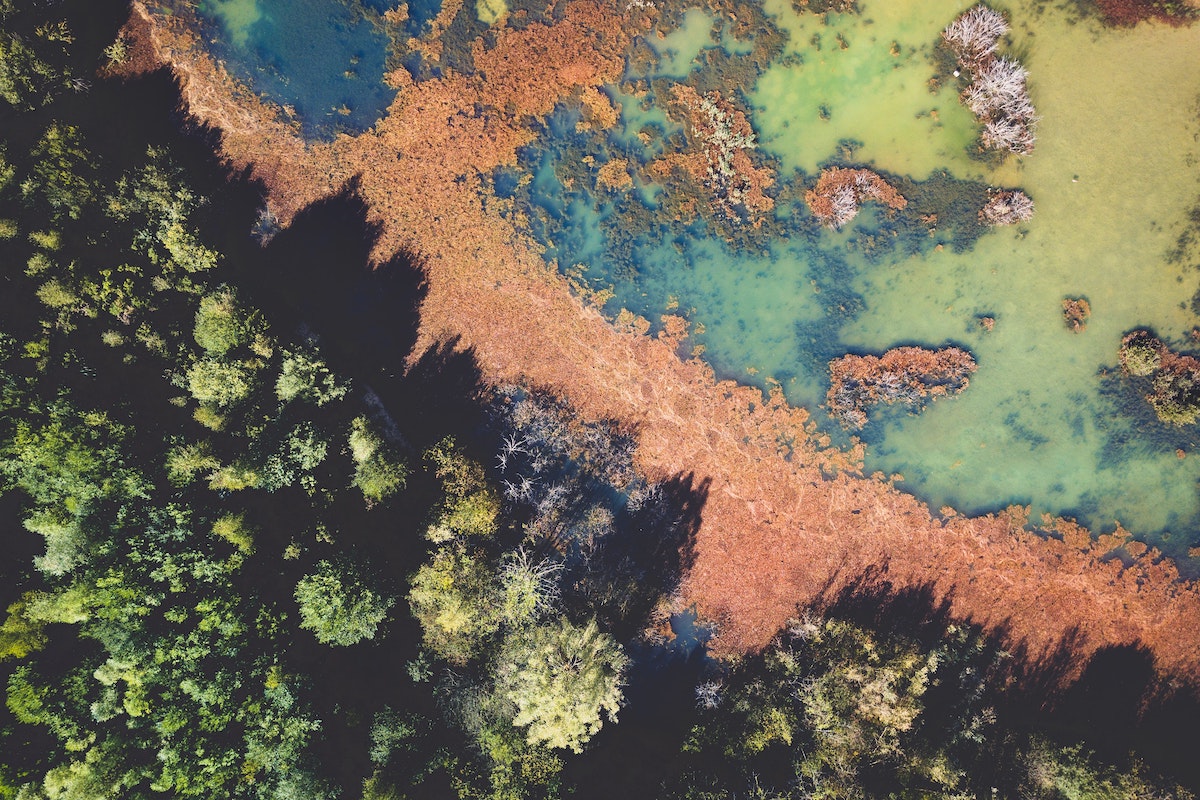
An international group of researchers performed a critical review of the information infrastructure that connects ecosystem modelling and measurement efforts. This group has now proposed a roadmap to community cyber-infrastructure development that can reduce the divisions between empirical research and modelling, accelerating the pace of discovery.
-
Research brief: How uncertainties in data and drought indices affect drought identification
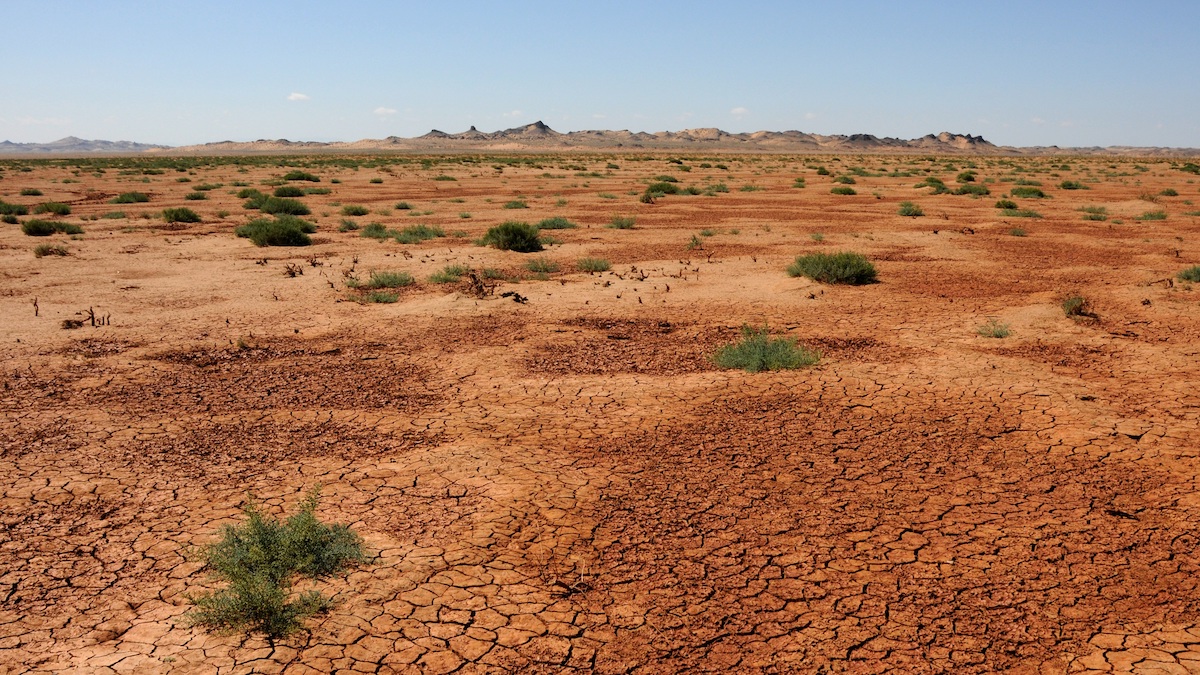
CLEX researchers examined the uncertainties of the input data of three commonly used drought indices, with the data coming from different sources, including observations and reanalysis. The ability of these indices to detect drought was assessed against soil moisture from multiple global land surface models.
-
Research brief: Decade of observations needed to flatten Soil moisture variations
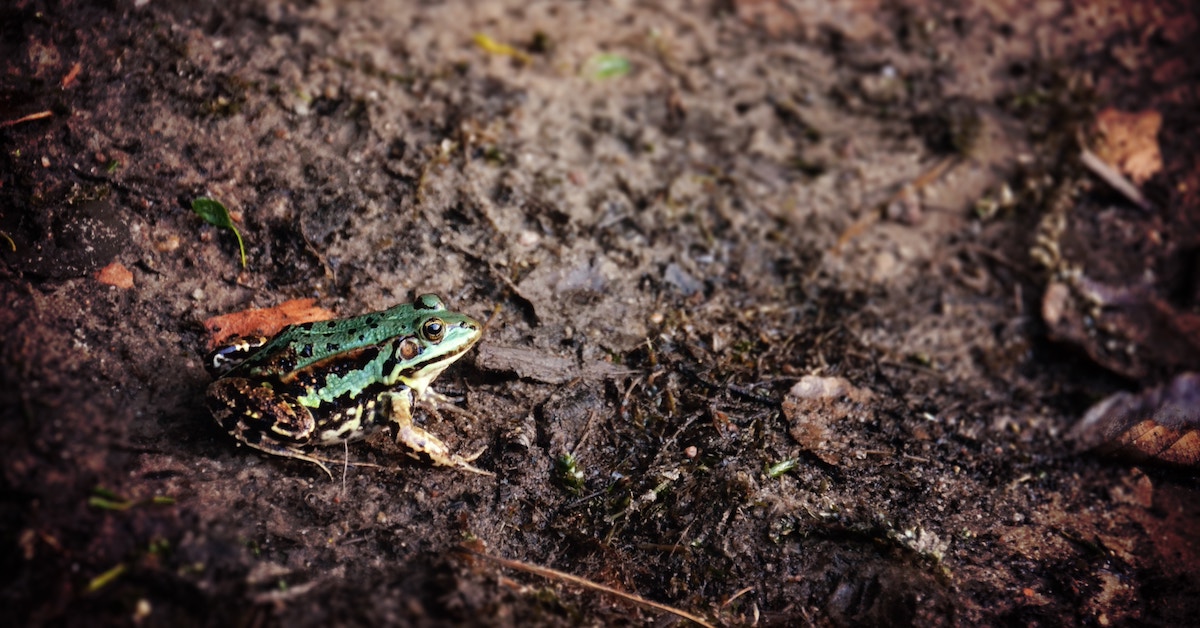
CLEX researchers and colleagues find soil moisture variations need to be considered over at least a decade before a steady-state assumption can be made.
-
Research brief: Decomposing temperature extremes errors in CMIP5 and CMIP6 models
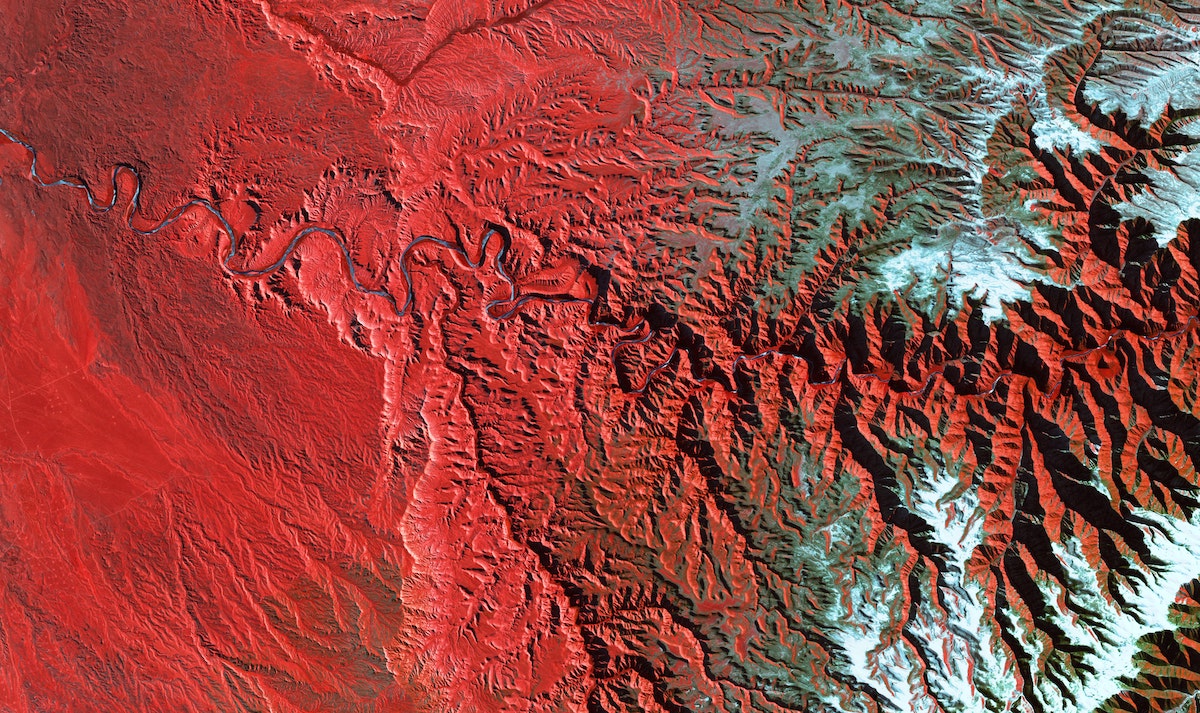
CLEX researchers addressed the error compensation issue for temperature extremes by defining a novel performance metric that identifies those models that can simulate temperature extremes well and simulate them well for the right reasons.
-
Research brief: Predicting the risk of drought-induced tree mortality in Australia
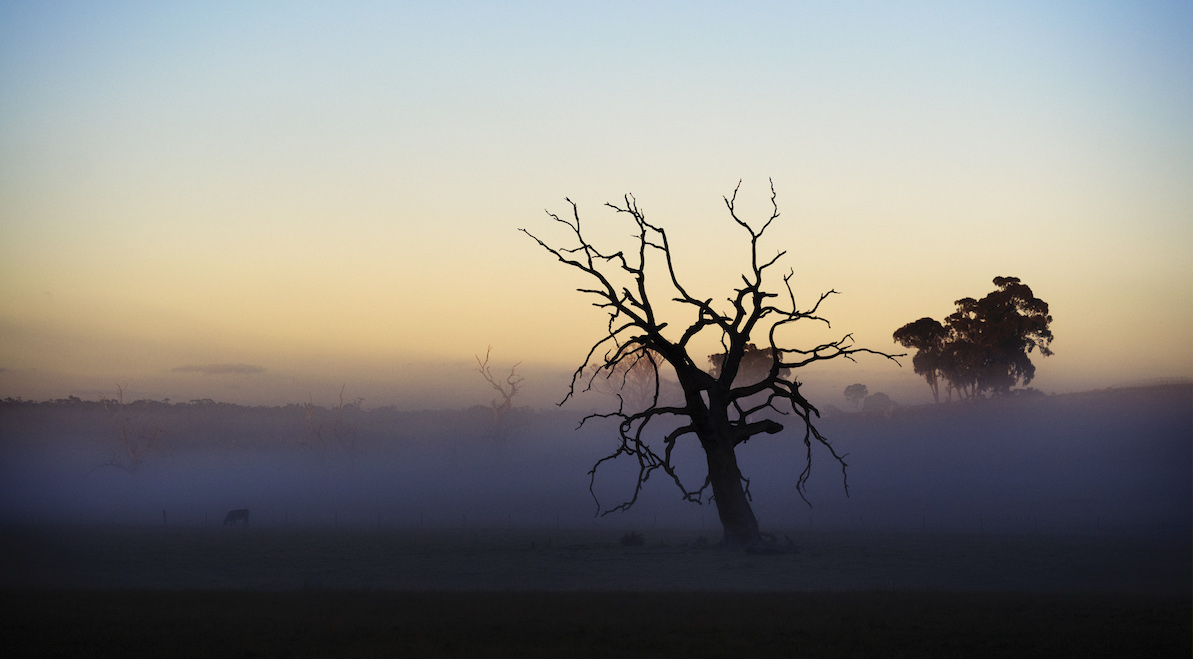
CLEX researchers implemented a new model of plant hydraulics into the Community Atmosphere Biosphere Land Exchange (CABLE) land surface model to robustly project future drought impacts on Australian vegetation.
